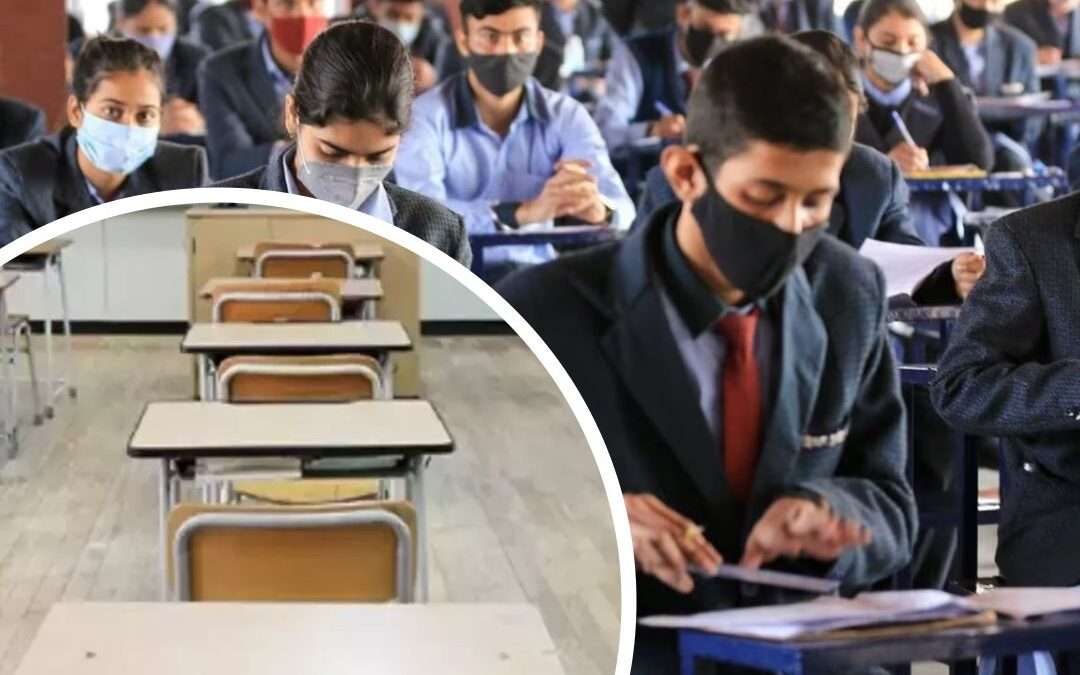Choosing between regular school and a dummy school is a crucial decision for students preparing for JEE.
Attending a regular school is like travelling in a bus. You have a set route and a fixed schedule. Similarly, in a regular school, you have a set curriculum and a fixed schedule. You have access to co-curricular and extra-curricular activities, sports, and the opportunity to interact with your classmates and friends. However, just like travelling in a bus, you may not have control over your destination or the route you take. You may be spending time on activities that may not be directly related to your short-term goal of preparing for JEE.
On the other hand, travelling in your own car is like attending a dummy school. You have control over your destination, your route, and your schedule. Similarly, in a dummy school, you have more control over your curriculum, your schedule, and the way you study. You have extra time to study, but no co-curricular or extra-curricular activities, sports or opportunities to socialize with your classmates and friends. Just like travelling in your own car, you need to be responsible for your own safety and be aware of the potential risks.
It is important to note that the number of exams and practicals are the same in both regular and dummy schools. However, in a dummy school, there is an additional 70% more time available for studying. 30% of this extra time should be allocated for maintaining emotional and mental health, leaving 50% extra workable time, in comparison to regular school. This can be beneficial, but only if utilized properly. Without proper time management, it may result in decreased efficiency and even damage in place of benefit.
The decision between attending a regular school or a dummy school for JEE preparation ultimately comes down to the individual student’s personality and learning style. For students who thrive in a self-directed and solitary environment, a dummy school may be the better option as they will have more control over their time and schedule. However, if a student needs someone to keep an eye on them, prefers to study in a group, or enjoys participating in school activities, then a regular school may be a better option. Furthermore, decision should be based on what is best for you and not be influenced by peer pressure or societal expectations.
Parents can use the thumb rule that if the student’s holiday routine is not much different from their other day routine, then a dummy school may be a suitable option, otherwise regular school should be the choice.
In a dummy school, the student needs to be self-disciplined and prevent distractions due to the extra time. In a regular school, the student needs to be resourceful and make the most of the time available.
Regardless of which option a student chooses, they must be self-motivated and willing to make sacrifices in order to achieve their goal of excelling in the JEE exam.


